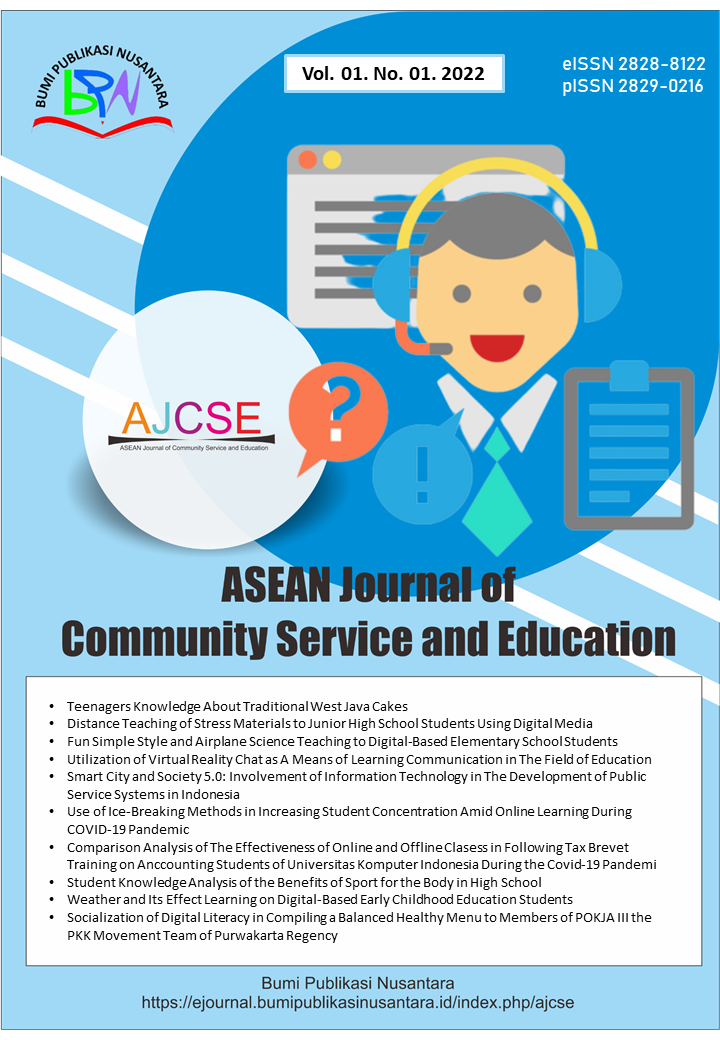Parents’ Viewpoint on the Proposed Philippine Mandatory Reserve Officers’ Training Corps for Senior High School Students
 ), Marc Angelo Dolar(2), Kenworth Bibanco(3), Querben Steph Salaban(4), Anamarie G. Valdez(5), Adonis S. Besa(6),
), Marc Angelo Dolar(2), Kenworth Bibanco(3), Querben Steph Salaban(4), Anamarie G. Valdez(5), Adonis S. Besa(6),
(1) Sultan Kudarat State University
(2) Sultan Kudarat State University
(3) Sultan Kudarat State University
(4) Sultan Kudarat State University
(5) Sultan Kudarat State University
(6) Sultan Kudarat State University
 Corresponding Author
Corresponding Author
Abstract
Keywords
References
Bartlett, L., and Lutz, C. (1998). Disciplining social difference: Some cultural politics of military training in public high schools. The Urban Review, 30(2), 119-136.
Bell, A. M., Gift, T., and Monten, J. (2022). The moral foundations of restraint: Partisanship, military training, and norms of civilian protection. Journal of Peace Research, 59(5), 694-709.
Blanco, D. V., and Panao, R. A. (2019). Caring for the orphan in the Philippines: A policy-capacity review. Child and Youth Services, 40(1), 65-92.
Hall, S. B. (1945). National service and compulsory military training. International Social Science Review, 20(2), 83.
Lipset, S. M. (1996). Steady work: An academic memoir. Annual Review of Sociology, 22(1), 1-27.
Menger, D., and Barlow, M. (2013). Arlington High School Colt Chorale Varsity Men. Choral Journal, 53(6), 17.
Youniss, J., Bales, S., Christmas‐Best, V., Diversi, M., McLaughlin, M., and Silbereisen, R. (2002). Youth civic engagement in the twenty‐first century. Journal of research on adolescence, 12(1), 121-148.
Article Metrics
Abstract View : 2921 times
: 2921 times Download : 1876 times
Download : 1876 times
Refbacks
- There are currently no refbacks.
Copyright (c) 2023 Bumi Publikasi Nusantara

This work is licensed under a Creative Commons Attribution-ShareAlike 4.0 International License.







